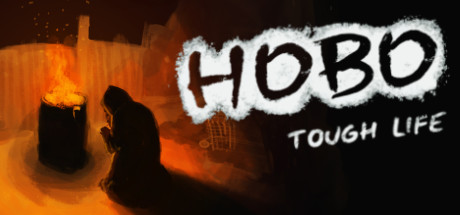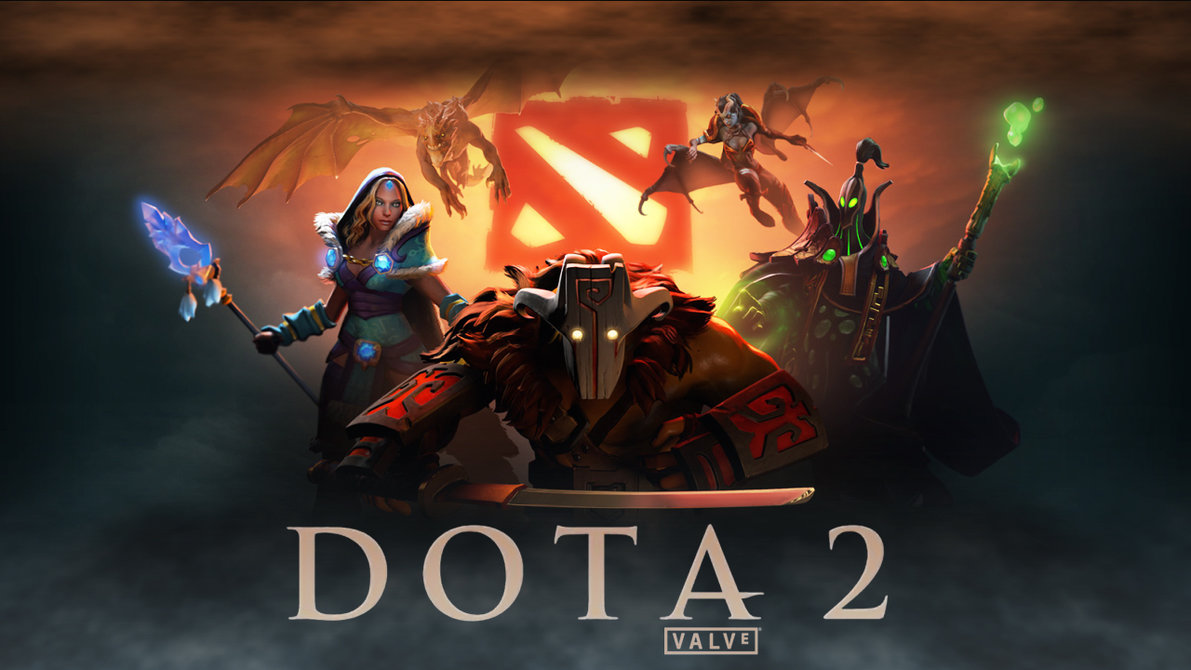Key Points
- Canonical champions internal career mobility, allowing team members to evolve roles based on skills and interests.
- Mariam Tawakol transitioned from Sales Development to Renewals, showcasing trust in Ubuntu/Canonical’s collaborative culture.
- Open-source ethos drives innovation and community growth, with Canonical’s workforce policies reflecting its commitment to adaptability.
At Canonical, the creators of Ubuntu, the idea of climbing a corporate ladder is replaced with a broader, more flexible vision. The company has long been a powerhouse in the open-source world, delivering the Ubuntu operating system to millions and prioritizing community-driven development. But beyond the code, Canonical’s workplace culture now stands out for its support of internal career movement, a shift that mirrors the collaborative spirit of open-source ecosystems.
Meet Mariam Tawakol, a Renewals Account Executive at Canonical, whose recent career pivot highlights this approach. Two years ago, in July 2023, she joined as a Sales Development Representative (SDR), focusing on the Middle East and Africa (MEA) region. In that role, she acted as the first point of contact for potential customers, nurturing relationships and identifying opportunities for Ubuntu-based solutions. Now, her work centers on sustaining those relationships long-term, ensuring customers continue to benefit from Canonical’s services like Ubuntu Advantage and LTS (Long-Term Support) plans.
Mariam’s journey reveals a deeper truth about Canonical. The company doesn’t just tolerate cross-functional transitions—it celebrates them. This aligns with open-source principles, where adaptability and shared knowledge often lead to breakthroughs. For Ubuntu users or those curious about the open-source ecosystem, this approach means Canonical’s teams likely feel more empowered to innovate and address real-world challenges in diverse ways. After all, engineers and developers who understand both the technical and business sides of open-source software might build tools that better serve the community.
How did Mariam make the leap? She credits Canonical’s “growth-first” mindset, training programs, and mentorship. As a Renewals Account Executive, she collaborates with technical teams, legal departments, and global clients—a role that bridges sales and support, reflecting the interconnected nature of Canonical’s ecosystem. Her ability to pivot, she says, was helped by the shared language of open-source values: transparency, trust, and simplicity. For anyone working in Linux or open-source, these terms aren’t just buzzwords—they’re the foundation of Canonical’s mission.
This story is more than a profile; it’s a window into how Canonical sustains its edge in a rapidly changing tech landscape. Ubuntu’s success hinges on its community, and enabling employees to grow in roles that align with their evolving expertise could strengthen that bond. For instance, if a former SDR like Mariam now advocates for customer success in renewals, she brings fresh insights into client pain points—skills that could indirectly improve Ubuntu’s user experience or the documentation teams rely on.
Beyond individual stories, Canonical’s strategy matters to Linux users. The company’s hybrid model—balancing commercial services with free, open software—requires employees who can navigate both technical depth and business acumen. By fostering internal mobility, Canonical ensures its teams are cross-trained and empathetic. This mirrors the open-source philosophy itself, where contributors often take on multiple roles to advance shared goals. For Ubuntu desktop or server users, this might mean more intuitive tools, faster support, or decisions made with a broader stakeholder perspective.
Mariam’s experience also raises questions for open-source professionals: Can skills from non-technical roles (like sales or marketing) meaningfully impact software development ecosystems? At Canonical, the answer seems to be yes. The company’s investments in employee development—such as tailored learning platforms and peer mentorship—creating a workforce that values both technical excellence and human connection. For Canonical’s partners and customers, this translates into a business model where people, not rigid hierarchies, drive progress.
The takeaway for the Linux community is clear. Open-source companies like Canonical are redefining what it means to build a career, much like they’ve redefined how software is developed and shared. If you’re using Ubuntu to power everything from Raspberry Pi projects to enterprise cloud deployments, knowing that Canonical supports its people in shifting between roles—be it sales, engineering, or customer success—can deepen your appreciation for the ecosystem. It’s a reminder that behind every line of code is a team constantly adapting to serve users better.
For current or aspiring Canonical employees, the message is straightforward: Don’t wait for the “perfect” role—seek it through the resources available. Whether you’re debugging a kernel or negotiating a contract, the skills you develop in one area can fuel growth in another. And for the rest of us? It’s a nudge to consider how open-source companies are shaping workplaces as progressive—and perhaps more human—as the software itself.
Canonical’s story is no longer just about Linux in a terminal window. It’s about the systems, both technical and organizational, that make open-source thrive. And if that includes career paths as fluid and dynamic as Ubuntu’s development process, the future looks one step closer to the community we all strive for.
Upgrade your life with the Linux Courses on Udemy, Edureka Linux courses & edX Linux courses. All the courses come with certificates.








